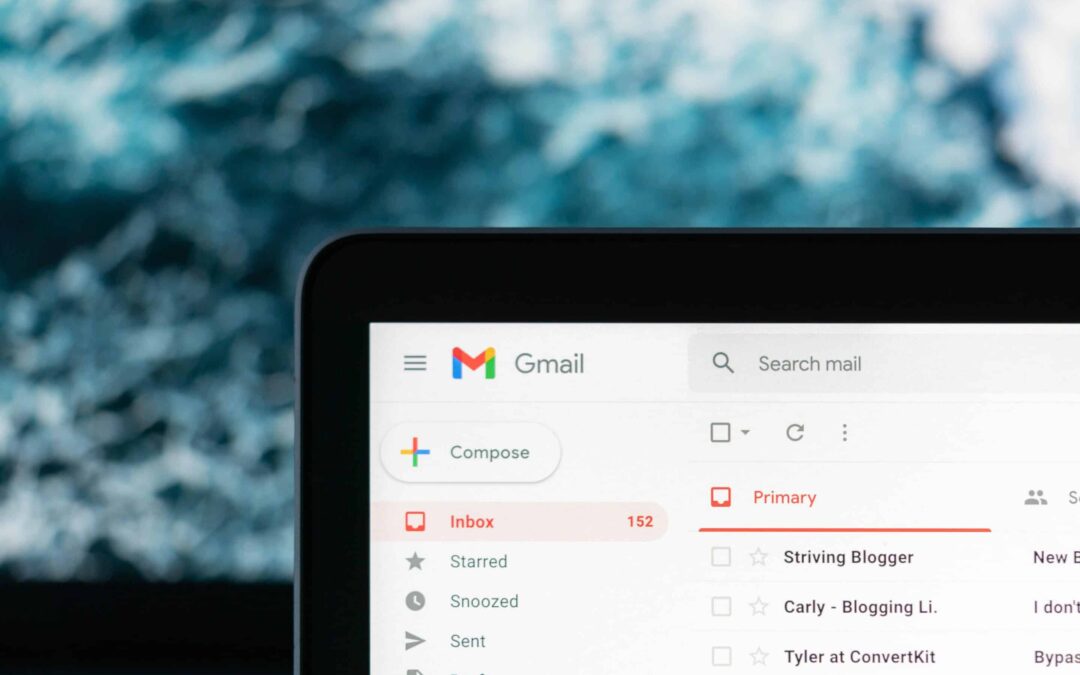The data protection organization "Noyb" of the Austrian activist Max Schrems has filed a complaint against Google's advertising emails with the French data protection authority CNIL. The subject of the complaint are paid advertising emails that Google displays in users' inboxes instead of filtering them as spam like other advertising. Without the consent of the users concerned, this procedure violates the e-privacy directive.
You can find out everything you need to know here.
What is Google accused of?
Google offers users their own mailbox with Gmail. In this mailbox, advertising is automatically marked as spam and then no longer appears in the general mailbox.
Users can separately consent to receive promotional emails. These will then not be marked as spam.
In the Complaint the data protection organization "Noyb" points out that, irrespective of such consent to advertising e-mails, users also receive other advertising disguised as e-mails in their inboxes. These "mails" then appear at the top of the inbox and are marked with the word "advertising" at the beginning of the subject. However, no date is displayed for these "mails".
According to Max Schrems' data protection organization, this is a form of direct marketing by mail. This is inadmissible according to Art. 13 of the E-Privacy Directive.
Is advertising by mail permissible?
If a user has consented to receiving specific advertising emails, these are permissible. In the case that Schrems accuses Google of, however, it is precisely advertising disguised as an email that the user has not consented to.
Schrems' data protection organization also refers to a Judgment of the European Court of Justice (ECJ), which concerned advertising disguised as e-mail. According to the ECJ, so-called "inbox advertising" is only permissible if the user has expressly consented in advance. There would be a risk of confusion with real mails and the user could be forwarded to an advertising page against his will. In addition, in the aforementioned ruling, the ECJ considered the display of such advertising disguised as mail to be direct advertising within the meaning of the ePrivacy Directive and the inbox advertising to be comparable to impermissible spam mails.
In the case of Gmail, "Noyb" also points out that the advertising disguised as mail does not forward the user directly to the advertising page as in the case decided by the ECJ, which would be even closer to direct advertising.
What's next?
The data protection organization "Noyb" around Max Schrems has filed a complaint with the French data protection authority CNIL. It is not yet clear to what extent such advertising is also carried out by Gmail in other countries. However, the fact that the complaint was filed in France may also be related to the fact that the CNIL has already fined Google millions in two cases.
How it will turn out for Google this time remains to be seen.
Are you looking for competent advice on the subject of data protection? Feel free to contact us!
